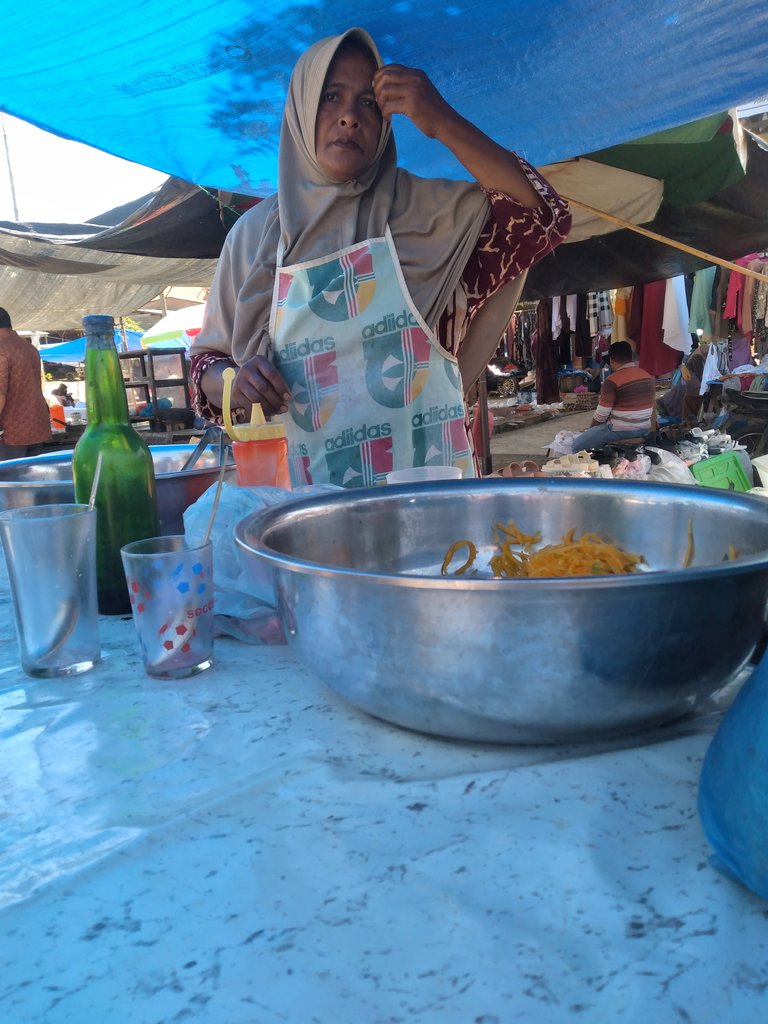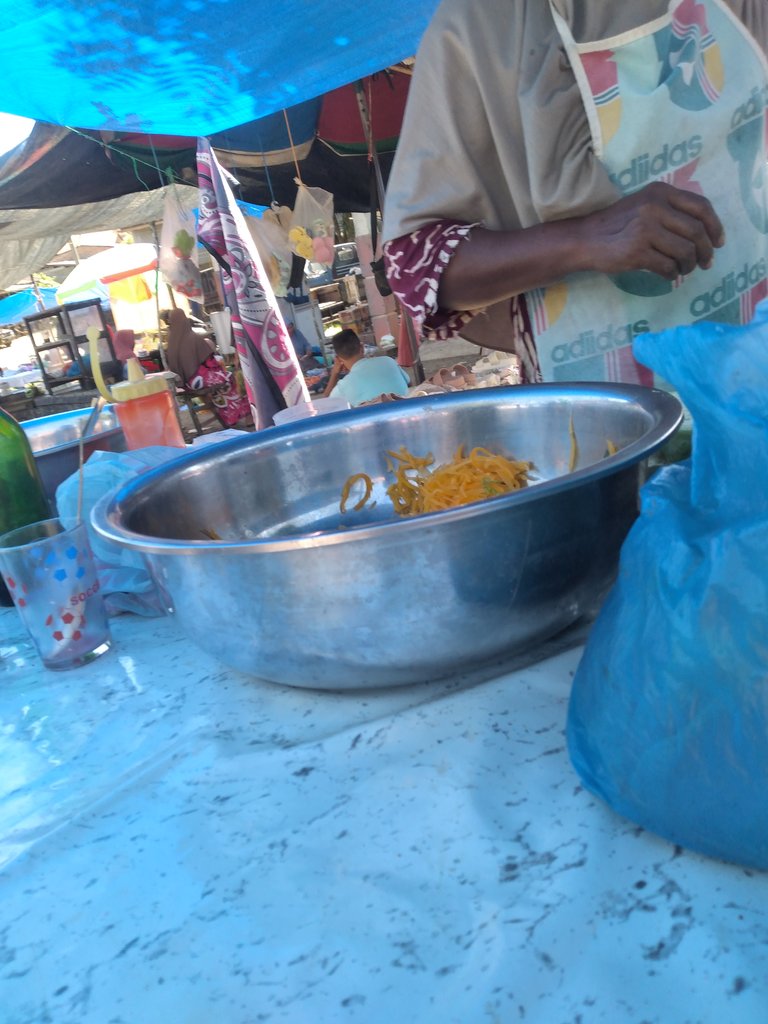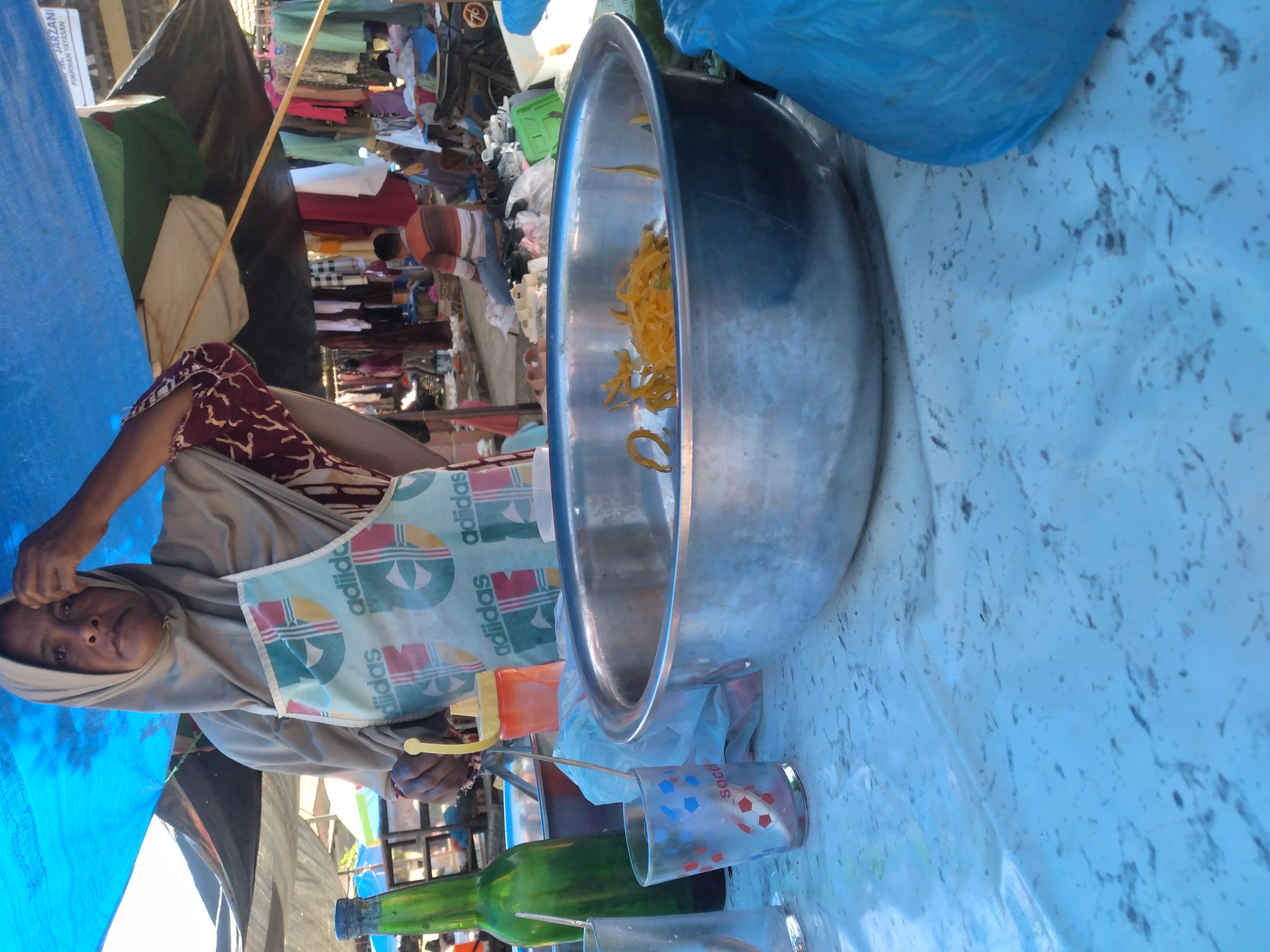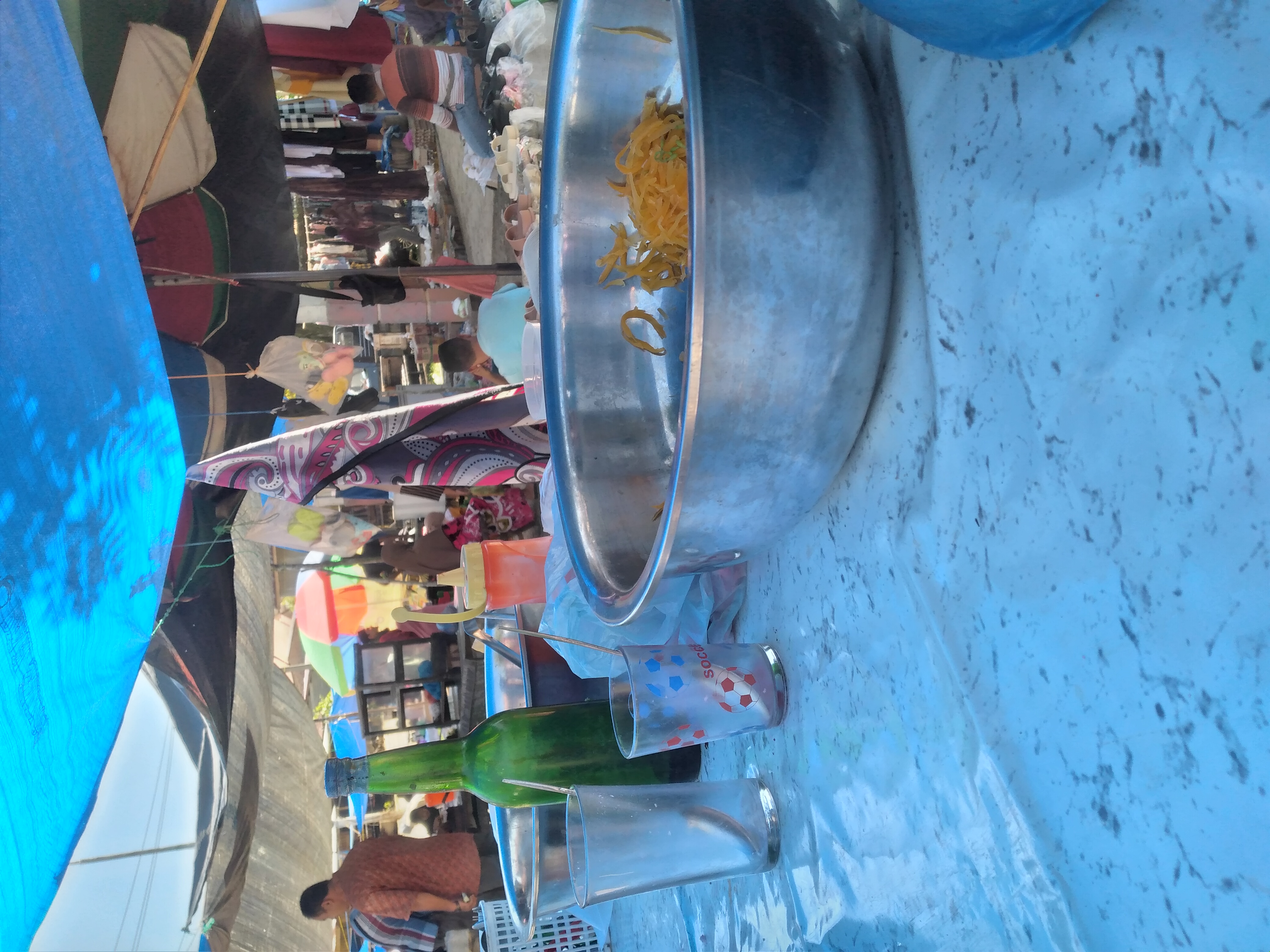
The noodle business can generate a large turnover, you know. Don't One of the authentic Chinese foods that has succeeded in stealing the hearts of Indonesian people is noodles. This food, which has a chewy texture, has been known to Chinese people for thousands of years.
In Indonesia itself, noodles became known after many Chinese citizens entered this country. The Chinese culture of serving noodles has apparently developed so that the noodle menu is well known to the Indonesian people.
Even though noodles are not native Indonesian food, this food is very popular among the people. Even for Indonesian people, noodles are their second staple food. The carbohydrate content in noodles means that this food is often used as a substitute for rice by people.
The large public interest in noodles provides bright prospects to be used as a new and quite profitable business opportunity. The large potential of the noodle business can be used to try the noodle business. Starting from a noodle making business, selling noodles, to a food business where processed noodles can now be found anywhere.
NOODLE CONSUMERS
Noodles, which were previously only liked by Chinese people, are now loved by all levels of society, both in Indonesia and on other continents. In fact, wherever noodles are produced and sold, consumers are always looking for them.
Business info
Various noodle products on the market always sell well with consumers. Starting from dry noodles, which are usually called instant noodles. Until wet noodles are divided into various types, such as egg noodles, rice noodles and pasta. Both dry noodles and wet noodles are equally popular with consumers. The only difference is their durability, dry noodles have a longer shelf life than wet noodles.
Even though they have different durability, all of these noodle products have huge business prospects to be used as business opportunities. To make noodles you don't need expensive equipment or raw materials. The raw materials are also easy to find on the market, such as wheat flour, tapioca flour, corn flour, sago flour, rice flour, as well as additional ingredients (ki water, carboxymethyl cellulose, starch, food coloring, eggs, and calcium propionate). Meanwhile, the most important equipment is a mixer and a noodle grinding machine.
BEFORE STARTING A NOODLE BUSINESS, FIRST KNOW THE RECIPE
Here we provide a method for making noodles at an economical cost. Very easy to run and very easy to make. Check out the recipe below.
Ingredients :
250 grams of high protein wheat flour2 tbsp tapioca flour110 ml water1 tbsp starch½ tsp salt1 tsp ki water (ki water: water that comes from burnt straw ash deposits and left for one night)½ tsp CMC (carboxymethyl cellulose to produce elastic noodles, choose CMC which is food grade)Sufficient yellow food coloringEnough tapioca flour, for sprinkling/dusting
How to Make Noodles:
Combine the wheat flour, tapioca flour, starch and CMC ingredients until evenly mixed. Add water and salt to the mixture.Divide 110 ml of water into two containers, then add food coloring to one of the containers, stir until evenly mixed.Add flour mixture with water, stir well. Next, add water that has been dyed.Cover the dough with plastic or a cloth so that the dough doesn't dry out.Roll the dough using a rolling machine, into thin sheets (from number one to number five or six). Cut the dough sheets into small, long shapes.Sprinkle the cut dough, using tapioca flour so the dough doesn't stick.Pack it in plastic, and the noodles are ready to be marketed.Advantages of Noodle Business
Running a noodle business does not require a large amount of capital, because the raw materials and equipment are easy to obtain. Apart from that, the large public interest in noodles provides big profits for these business actors. So marketing is not too difficult. It can be sold in the form of uncooked noodles, or it can also be sold as various variants of the noodle menu.
Disadvantages of Noodle Business
The many negative issues circulating in society regarding the use of preservatives in noodle products have caused public interest in noodles to decline slightly. However, this issue does not have a big impact on noodle business actors who have obtained a business permit from the POM agency, because with this permit the quality of the noodle products is guaranteed and the safety of the noodle products has been successful in reassuring consumers.
Noodle Business Marketing
To market noodles, producers prefer to collaborate with food businesses who use noodles as their main ingredient. So that the products they make can be marketed in large quantities rather than having to market them to final consumers (individual consumers).
Apart from that, to introduce their products, usually the noodle packaging they market is branded. Branding can be included on the noodle packaging plastic, so that consumers recognize the noodle products you produce. Word of mouth marketing strategies can also reach a wider market.
Key to success
When producing noodles, try to maintain the quality of raw materials and the cleanliness of production equipment. Avoid using raw materials that are dangerous to health, such as non-food colorings or non-food preservatives (formalin). So that the noodles you produce are of good quality and safe for consumers to consume. Next, for the promotion process, include your product brand. It is also important to include the POM agency permit and halal certification from the MUI. So consumers no longer need to hesitate to consume the noodle products that you produce.





